We are thrilled to welcome two new faculty to our department this year. Drs. Valerie Carr and Susan Snycerski are profiled in this fall’s College newsletter, Together. Follow the link to learn about all of our College’s new faculty, as well as our new Dean, Dr. Walt Jacobs.
Dr. Valerie Carr
Carr, who earned her Ph.D. at UCLA before spending seven years as a post-doctoral fellow and research associate at Stanford University before coming to San José State, has found that two sub-structures of the hippocampus deep within the brain play a role in determining how vivid a memory is.“When you study memory, you realize how imperfect and fallible it is,” says Carr, newly hired as an assistant professor in the Department of Psychology. She brings an interest in the use of neuroimaging methods like functional magnetic resonance imaging (fMRI) to get a better understanding of the brain structures involved in episodic memory—our recall of autobiographical events and emotions.
In more recent research she has found that age-related changes in these areas – the dentate gyrus and Region CA 3—may account for the difficulties older people have in accessing these episodic memories.
Now, Carr is exploring whether exercise-based interventions might help people at risk for mild cognitive impairment and Alzheimer’s disease by spurring the growth of new neurons in the hippocampus. “What does that exercise regimen need to be?” Carr asks. “That’s my main interest.”
It can be challenging to work with older adults who have mild cognitive impairment, she says. “It’s very likely they’re going to develop Alzheimer’s disease. It can be depressing. A lot of my sense of self-worth comes from thinking that I’m fighting for those people. That gives me a sense of satisfaction in my job.”
Dr. Susan Snycerski
She asks students to anonymously self-report their drug use while also testing for signs of neurocognitive impairment. Based on the small sample she has collected thus far, most San José State students don’t abuse hard drugs, but a fair number combine caffeine, tobacco, alcohol and marijuana in various ways., Snycerski says.These days, she’s looking at simultaneous poly-drug use, where someone takes two mind-altering substances at once. “There isn’t a lot of research in that area,” says Snycerski, who recently joined the Department of Psychology as tenure-track assistant professor after 10 years as a lecturer.
The Warren, Mich., native earned her master’s and Ph.D. from Western Michigan University, where she studied the effects of drugs in animal models. Later, she did a two-year postdoctoral fellowship at the National Institute on Drug Abuse researching gamma-hydroxybuterate—better known as the date rape drug GBH.
Snycerski and her husband, Sean Laraway (an associate professor in the department), moved to San José in 2004 without having jobs. He started teaching at San José State that year as a lecturer and joined the tenure track in 2008. Snycerski began teaching classes as a lecturer in 2005 and she has also served as a major advisor since 2008. “I really enjoy it,” she says. “It’s a great way to communicate with the students outside the classroom.”
Snycerski says she’s excited about having more time and resources for research. “It’s a nice change,” she says. “I’m looking forward to my new role.”
Reprinted from Together, the College of Social Sciences newsletter, Fall 2015.
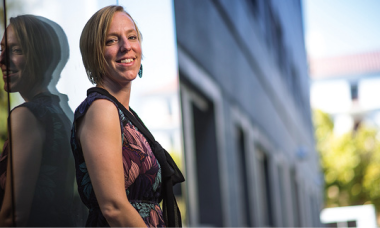



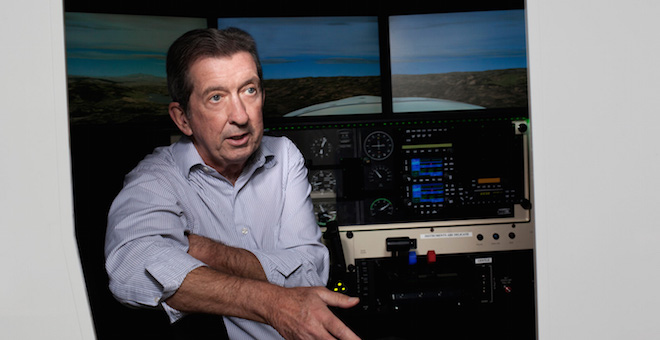

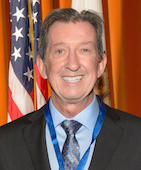 Dr. Kevin Jordan has been awarded the Wang Family Excellence Award in the Social and Behavioral Sciences and Public Service. The award acknowledges Kevin’s unique and distinguished contributions as a CSU faculty member over his remarkable career.
Dr. Kevin Jordan has been awarded the Wang Family Excellence Award in the Social and Behavioral Sciences and Public Service. The award acknowledges Kevin’s unique and distinguished contributions as a CSU faculty member over his remarkable career.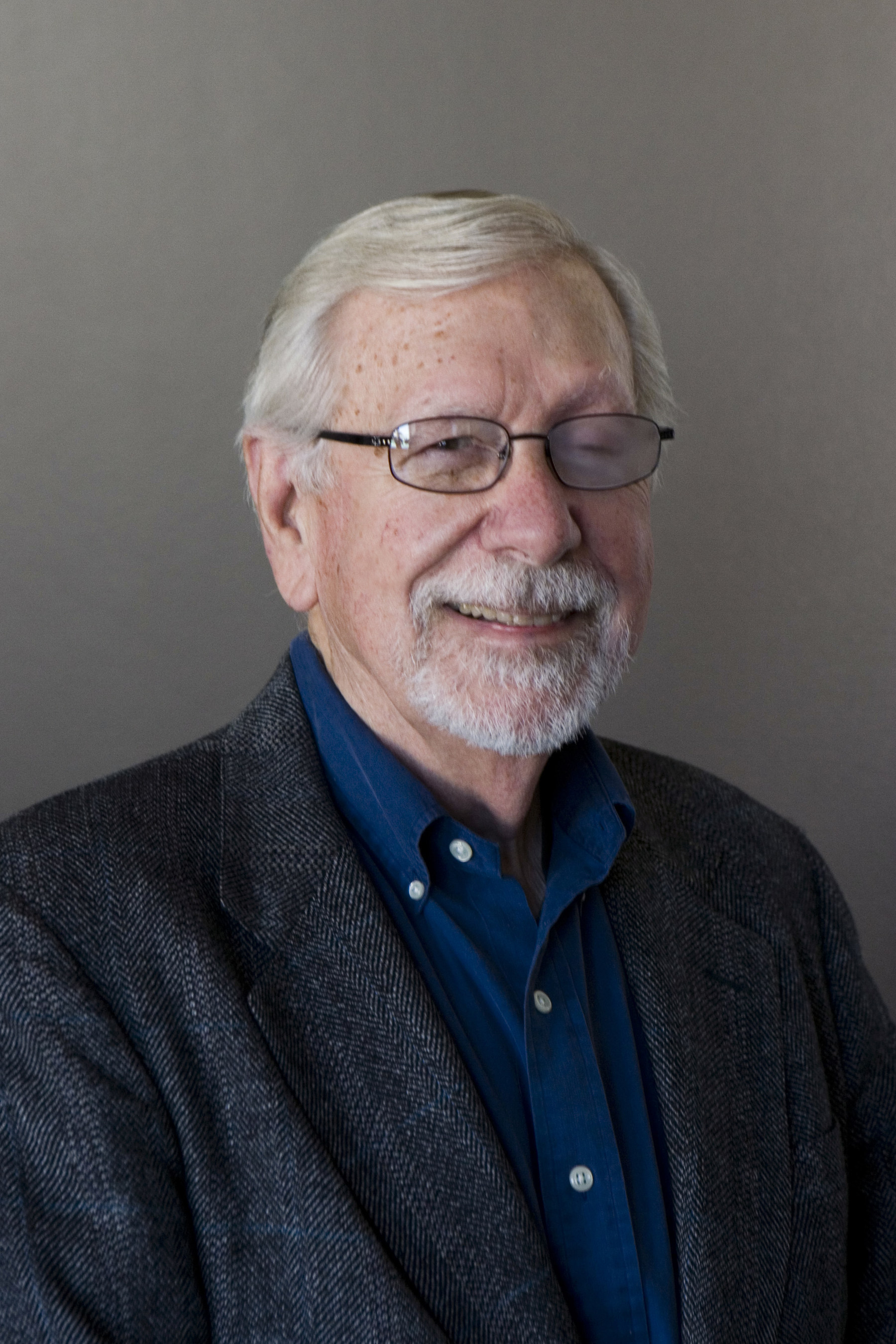
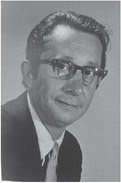

 else who aspires to strengthen the educational foundation upon which to build the rest of her/his life — with the hope that it is especially helpful to people who might otherwise become, or have already been formal educational program dropouts or lockouts. I cannot guarantee that applying what is offered here will ensure an “A” grade, or achievement of one’s life goals. But I do guarantee that I have tried to summarize critical elements of thought, feeling, and action oriented to such objectives.
else who aspires to strengthen the educational foundation upon which to build the rest of her/his life — with the hope that it is especially helpful to people who might otherwise become, or have already been formal educational program dropouts or lockouts. I cannot guarantee that applying what is offered here will ensure an “A” grade, or achievement of one’s life goals. But I do guarantee that I have tried to summarize critical elements of thought, feeling, and action oriented to such objectives.